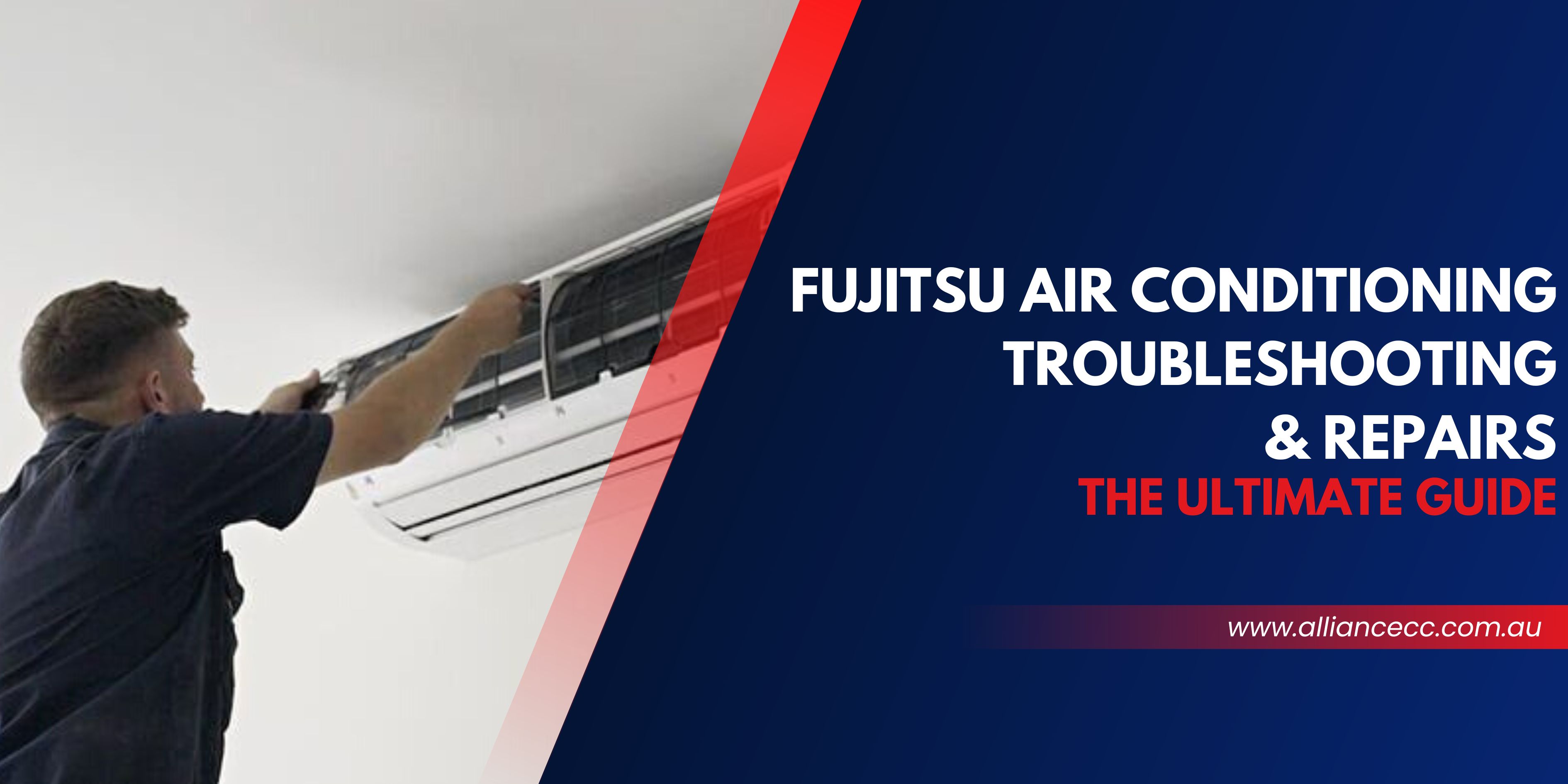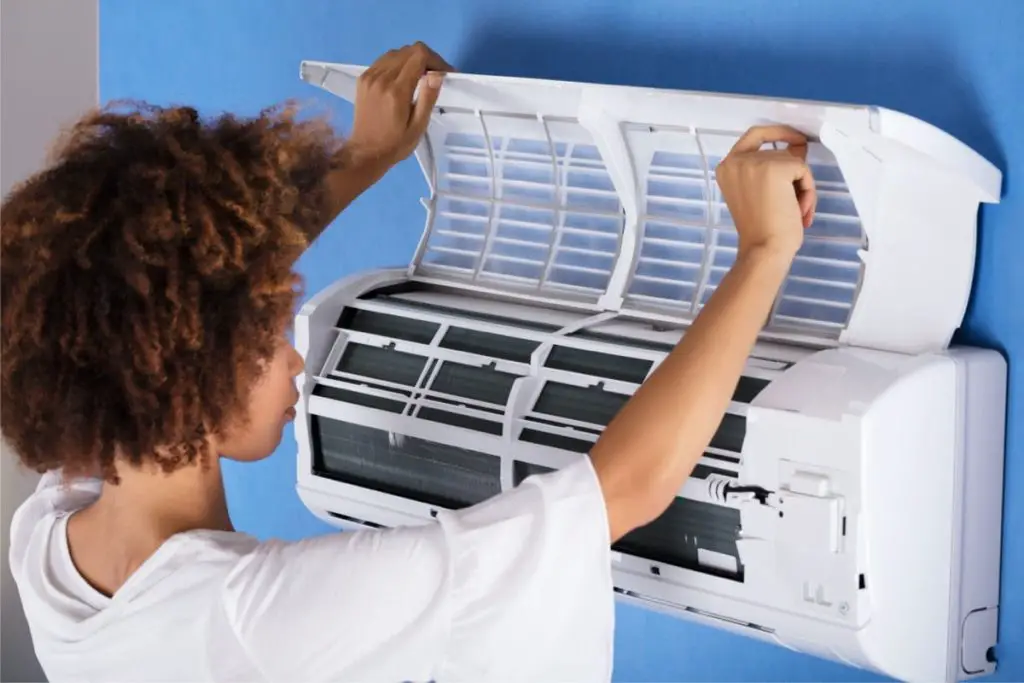There’s nothing worse than the feeling of turning on your air conditioner on a hot day, only to realize that it’s not cooling properly. Before you start to panic, it’s essential to understand that there are several common reasons why your air conditioner may have quit cooling. In this article, we’ll explore some of the possible causes and provide you with practical solutions to get your air conditioner back up and running efficiently.

Credit: www.alliancecc.com.au
Check the Thermostat
One of the first things to do when your air conditioner stops cooling is to check the thermostat. Sometimes, the thermostat may have been accidentally set to a higher temperature or switched to the “heat” mode. Ensure that the thermostat is set to “cool” and the temperature is lower than the current room temperature. If the thermostat seems to be functioning correctly, move on to the next steps.
Inspect the Air Filter
Blocked or dirty air filters are a common reason for air conditioners to malfunction. A clogged air filter restricts the airflow, causing the evaporator coil to freeze and the cooling performance to diminish. It’s recommended to check and replace the air filter regularly, especially during peak usage months. A clean air filter will not only improve the cooling efficiency but also prolong the lifespan of your air conditioner.
Examine the Condenser Unit
The condenser unit, located outside your home, plays a crucial role in releasing the heat absorbed from inside. If the condenser unit is obstructed by debris such as leaves, dirt, or other outdoor elements, it can hinder the heat transfer process, leading to a decrease in cooling efficiency. Ensure that the area around the condenser unit is clear and clean, allowing for proper airflow and heat dissipation.
Check for Refrigerant Leaks
Low refrigerant levels due to leaks can significantly impact the cooling capacity of your air conditioner. If you notice a buildup of ice on the refrigerant lines or a hissing sound near the indoor unit, it may indicate a refrigerant leak. Refrigerant leaks should be addressed by a professional HVAC technician to identify and repair the leaks and recharge the system with the correct amount of refrigerant.
Inspect the Evaporator Coil
The evaporator coil is responsible for absorbing heat from the indoor air. Over time, the coil can become dirty or covered with grime, hampering its ability to cool effectively. Regular maintenance and cleaning of the evaporator coil can prevent this issue and ensure optimal cooling performance. If the coil is heavily soiled, it’s best to schedule a professional cleaning to restore its functionality.
Assess the Electrical Components
Faulty electrical connections, capacitor issues, or a malfunctioning compressor can all contribute to a loss of cooling in your air conditioner. It’s crucial to have a qualified technician inspect and diagnose any electrical problems to prevent further damage to the system. Attempting to address electrical issues without the necessary expertise can be dangerous and may lead to costly repairs.
Professional Maintenance and Repairs
While some troubleshooting steps can be performed by homeowners, certain issues may require the expertise of a professional HVAC technician. Scheduling regular maintenance for your air conditioner can help prevent unexpected breakdowns and ensure that the system operates at peak efficiency. Professional technicians have the knowledge and tools to identify and resolve complex issues, ultimately saving you time and money in the long run.
Conclusion
Experiencing a non-cooling air conditioner can be frustrating, especially during the sweltering summer months. By addressing common issues such as thermostat settings, air filter cleanliness, outdoor unit maintenance, refrigerant levels, and regular professional servicing, you can help maintain the optimal performance of your air conditioner. Remember, it’s essential to prioritize safety and consult a qualified technician for complex problems to avoid risking further damage to your cooling system.

